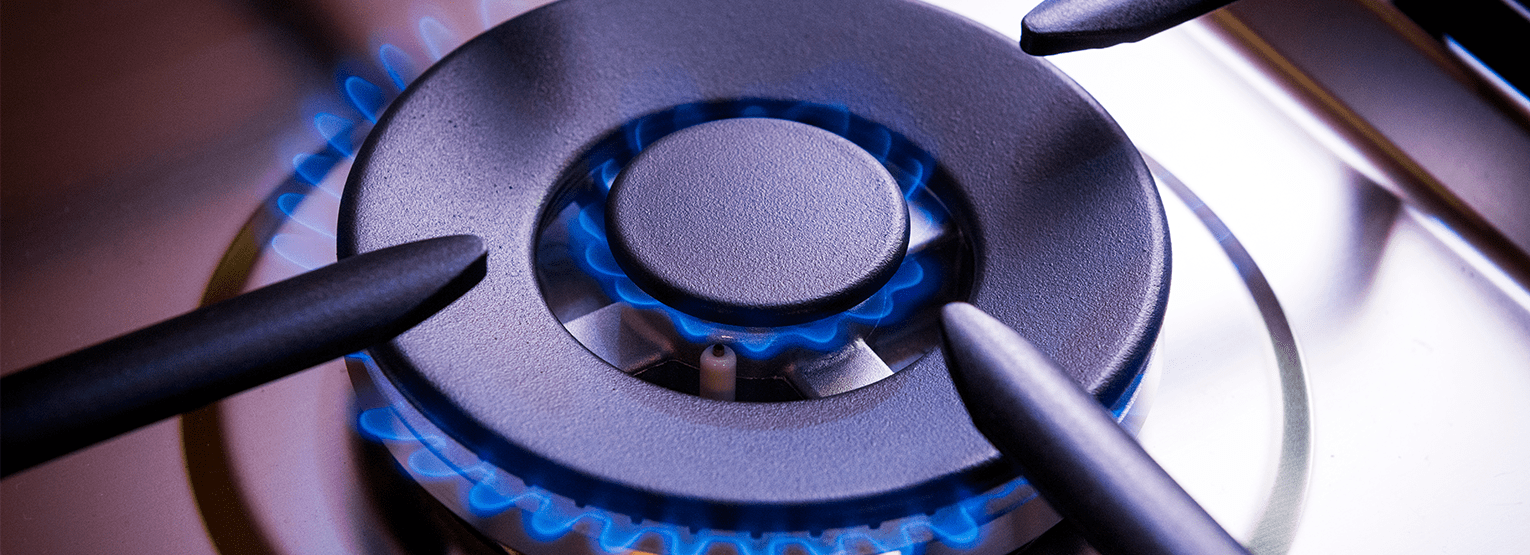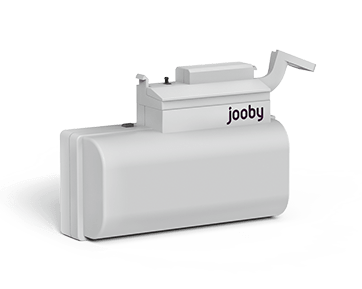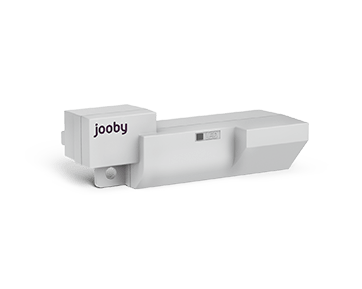Hindered access to meters and delayed or erroneous manual reading submissions may result in substantial losses for gas suppliers, property management companies, and housing cooperatives. Radio modules can solve this problem, automating and simplifying utility consumption tracking. Let’s dive in and discover what these devices are and how they work.
Gas is prone to partial leaking on its way to consumers. This is due to how the laws of physics work, as well as, whatever infrastructure problems there may be. It is difficult for gas suppliers to track where and how much gas leaks. A far from perfect interaction with consumers doesn’t make things easier, either, making accurate gas accounting problematic. To keep themselves informed on gas consumption, suppliers have to call their customers by phone or ask that they let the inspectors in to see meters.
Sometimes, consumers won’t open doors to inspectors or respond to calls from gas supply companies. Suppliers thus lose valuable time trying to track consumption and incur losses due to erroneous or imprecise reading submissions.
It takes automating the reading collection process to deal with the problem. Smart meters help a lot, sending readings remotely and in real-time.
To deploy smart meters, however, takes substantial investments, and a fleet of these devices will not pay off until years later. Having said that, there is an alternative—equipping the existing analog gas meters with radio modules. The modules enable a zero-CapEx integration of a smart consumption tracking system—no need to spend money on dismantling old meters and buying/installing new ones.
«Installing radio modules on the old devices would be a much more affordable solution for the remote collection of readings. They enable remote consumption tracking, turning analog meters into smart ones» — Denis Popov, Smart City Product Manager

What a radio module for gas meters is
A gas meter radio module is an electronic device for the automated remote collection of gas consumption data. The device registers the rotation of the gas meter’s dial and generates a pulse for each full rotation. The accumulated data is transferred to the accounting system over a wireless network, e.g., LoRaWAN®. The accounting system processes, organizes, and stores the received data in a convenient format (charts, tables, consumer cards).
The resulting data files can be used for reporting and billing. This data collection method enables utility suppliers and other companies to automate and simplify reading collection from consumer gas meters.
How gas meter radio modules work
Let’s consider the operation of a gas meter radio module using the example of Jooby modules for Samgas, Elster, and Metrix gas meters. Over 20,000 devices like these are already running in Odesa, Hlobyne (Poltava Region), Yuzhne (Odesa Region), and Kropyvnytskyi.
The device is installed into the mount on the meter body. To get the most accurate data, the installation specialist needs to shut off the gas supply and take a photo of the meter to document the readings before and after the installation of the module. There is a tampering sensor on the module. By default, it is pressed on during the installation of the module. The device thus powers on and transfers meter readings to the base station.
The installation specialist inputs the meter model and serial number into the Jooby mobile app and adds its address and initial readings. The data then end up on the Jooby Dashboard. From this moment, the base station closest to the module starts receiving its data. The device is now ready for use.
Once installed and activated, the radio module collects and sends meter readings as follows:
- The module’s built-in magnetic field sensor registers the rotation of the meter’s dial.
- The sensor generates a pulse which updates the pulse count in the module’s non-volatile memory. The pulse count in the module’s memory is retained even if its battery dies.
- The radio module transfers data to a base station, which then forwards it to the cloud. It can be accessed there through the Jooby RDC Dashboard.
Data transmission interval and radio module memory
The data transmission interval can be configured after the activation of the module— from hourly to daily.
The device has enough memory to hold the following amounts of data:
- Two months worth of hourly readings
- One year worth of daily readings
The device’s internal memory also holds an event log for 256 entries. The event log contains the following data:
- Radio module activations/deactivations
- Attempted module removal
- Attempted magnetic tampering
The log also includes the date and time when the events occurred.
Radio module battery
Jooby radio modules operate in a LoRaWAN® wireless network. In these networks, the information is transferred in small data packets at a maximum speed of 50 kbit/s. This is how low power consumption in the network is achieved. The devices’ battery life depends on the reading submission interval. The longer it is, the longer the battery life will be. Jooby radio modules can last from 5 to 15 years on one battery.
Radio modules for gas meters can be installed in residential buildings, utility facilities, and industrial plants. The devices optimize the reading collection process and simplify customer service. They can be configured remotely, and don’t require regular maintenance owing to long battery life.






